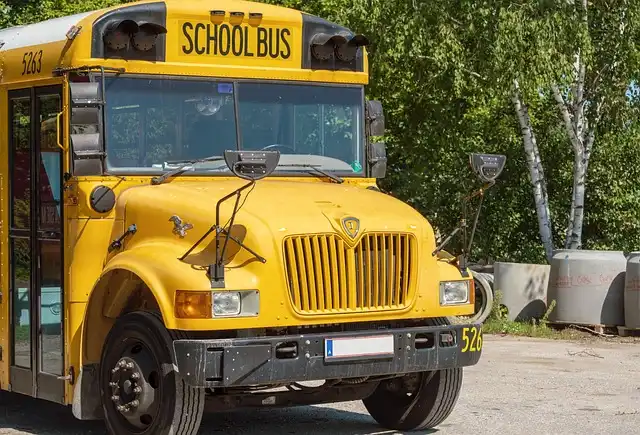FCC E-Rate Program Changes: School Bus Wi-Fi at Risk

FCC Chairman Carr seeks to reverse Biden-era E-Rate expansions for school bus Wi-Fi and student hotspots, raising concerns about digital equity and access for students, especially in rural areas. COVID-19 impact discussed.
Institution bus Wi-Fi gain access to is specifically valuable for pupils in backwoods with long commutes to college, stated Andrew Jay Schwartzman, senior therapist at the Benton Institute for Broadband & Culture, in a Wednesday statement. Carr’s press to turn around the use of E-rate funds for those solutions will certainly “secure country children right into dead areas,” he added.
The vote on the proposition to turn around the Biden-era growths is presently “on blood circulation” since Friday, according to an FCC representative. That implies commissioners can elect on the issue beyond their open monthly meetings at their discretion.
E-Rate Expansion Under Scrutiny
An E-rate growth that allowed institutions to use the program’s funds for institution bus Wi-Fi and hotspots for pupils can quickly be reversed, pending a vote required by Federal Communications Payment Chairman Brendan Carr on Wednesday.
The Consortium for School Networking likewise released a declaration Friday denouncing Carr’s strategy. The growth of the E-rate program has been “crucial to shutting the electronic divide and making sure every pupil can find out, both in college and where they discover and live.”
Controversy Over FCC Authority
“During COVID-19, Congress passed a legislation that expressly accredited the FCC to fund Wi-Fi hotpots for use outside of institutions and collections. When that program finished, so did the FCC’s authority to money those initiatives,” Carr stated. “However, the Biden-era FCC picked to broaden its E-Rate program to fund those initiatives long after the COVID-19 emergency finished.”
Informa PLC’s registered office is 5 Howick Place, London SW1P 1WG. TechTarget, Inc.’s licensed office is 275 Grove St. Newton, MA 02466.
Impact on Digital Equity
E-rate, also referred to as the libraries and schools universal service support program, assists link colleges to inexpensive broadband. The government program is carried out by the not-for-profit exclusive company Universal Solution Administrative Co., or USAC, under the FCC’s authority.
“Currently the FCC is transferring to strip that connection away while doing nothing to make broadband extra affordable,” Gomez said. “Their newest propositions will only widen the space in between those with access to contemporary devices and those left.”
“Throughout COVID-19, Congress passed a law that expressly accredited the FCC to fund Wi-Fi hotpots for usage outside of libraries and colleges. When that program finished, so did the FCC’s authority to fund those efforts,” Carr stated. “Nevertheless, the Biden-era FCC picked to broaden its E-Rate program to fund those initiatives long after the COVID-19 emergency situation ended.”
1 digital divide2 E-rate program
3 FCC
4 remote learning
5 school bus Wi-Fi
6 student access
« Indoor Air Quality: Legislation for Healthier SchoolsProtecting IDEA Funding: Education for Students with Disabilities »
